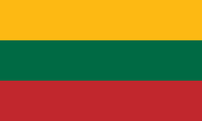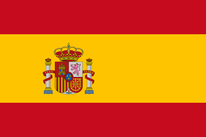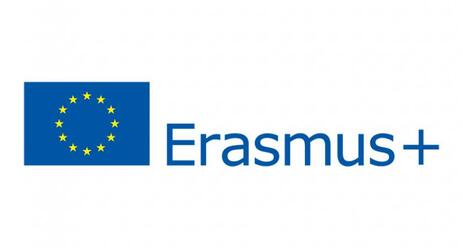Partner schools in the project

Colegiul Național de Informatică Spiru Haret, Suceava,
ROMÂNIA
ROMÂNIA

Szkoła Podstawowa im. Św. Królowej Jadwigi w Kunowej, Kunova,
POLAND
POLAND

Ibrahim Tanriverdi Sosyal Bilimler Lisesi, Samsun,
TURKEY
TURKEY

VSI Kauno Juozo Urbsio katalikiska pagrindine mokykla, Kaunas,
LITHUANIA
LITHUANIA

stituto Istruzione Secondario Superiore Ruggero II, Ariano Irpino,
ITALY
ITALY

Colegio Los Olivos, Malaga,
SPAIN
SPAIN
Description
English for Social Entrepreneurship is a KA229 Erasmus+ partnership that involves participants from 6 different countries: Romania, Italy, Lithuania, Poland, Spain and Turkey. All six partner schools in the project experience similar needs to develop their students’ entrepreneurship as well as their knowledge of foreign languages, with particular attention to English as the universal language of international communication. It is a normal situation for people to make money when they start a business. Partner schools however intend to make their students more sensitive to social needs their local societies have. Social Entrepreneurship is a field which is not that well developed and discussed in the countries involved in the project. Here the main goal of the social entrepreneur is not to make profit, but to implement widespread improvements in their society, to solve a social need. Partners believe that their students need to learn from an early age how to care about the others and the society they live in.
In order to improve their ability to solve problems observed in their local societies, partner schools in this project believe that it is a great idea to be able to analyse, compare and possibly to jointly try to solve their problems and build social enterprises. That greatly increases students’ motivation to learn and work in order to achieve their goals. Similarly it influences the teachers assisting them. Therefore partners agree that implementing CLIL (Content and Language Integrated Learning) methodology would be desirable here. Therefore teachers see the need to go for a more aim oriented approach focusing on learning language and vocabulary related to certain content areas. In this way students have to use materials adapted to achieve their goals. All partners’ common goal is to make students use English and vocabulary related to Entrepreneurship in real life situations.
In order to improve their ability to solve problems observed in their local societies, partner schools in this project believe that it is a great idea to be able to analyse, compare and possibly to jointly try to solve their problems and build social enterprises. That greatly increases students’ motivation to learn and work in order to achieve their goals. Similarly it influences the teachers assisting them. Therefore partners agree that implementing CLIL (Content and Language Integrated Learning) methodology would be desirable here. Therefore teachers see the need to go for a more aim oriented approach focusing on learning language and vocabulary related to certain content areas. In this way students have to use materials adapted to achieve their goals. All partners’ common goal is to make students use English and vocabulary related to Entrepreneurship in real life situations.
Disclaimer
The European Commission support for the production of this publication does not constitute an endorsement of the contents which reflects the views only of the authors, and the Commission cannot be held responsible for any use which may be made of the information contained therein.


